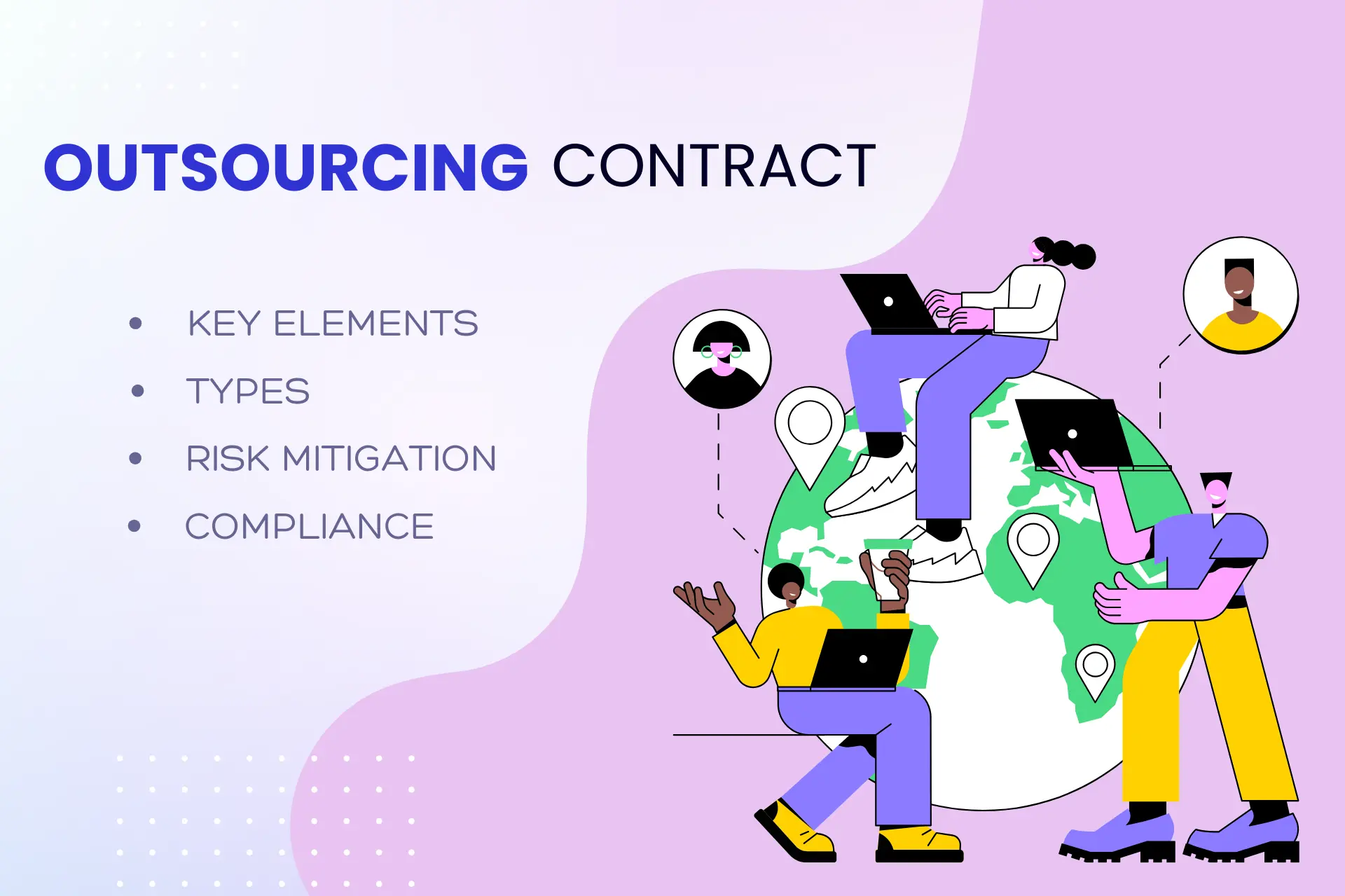
The BPO game is changing fast. If you're still treating contracting out like a cost-saving exercise, you're currently behind. Today's winning BPOs aren't simply service providers-they're tactical partners, development leaders, and compliance powerhouses.
That was the core message of our newest panel discussion, where market professionals checked out the most significant challenges and chances in BPO today. Our panelists-Dr. Gleb Tsipursky (CEO of Disaster Avoidance Experts), David Judge (CEO of Affordable Staff), and Subho Pati Sanyal (COO of Netsula Group)-shared their insights on how BPOs can remain competitive in a rapidly progressing landscape.
If you missed it, don't worry-we've got the full video, highlights, and essential actions you can take now to future-proof your BPO. And if you want the complete roadmap, grab the BPO Executive Playbook.
Boost your team's efficiency with Hubstaff's performance tools
Five unfiltered takeaways from the BPO panel discussion
Here's what the professionals had to state about what's working, what's broken, and where BPOs need to develop.
1. Cost-cutting will not save you-innovation will
The days of winning clients exclusively through lower expenses are over. The panelists highlighted that companies are now searching for BPO partners who can drive innovation, enhance organization processes, and use long-lasting tactical value-not simply provide services at a lower rate.
BPOs that fail to innovate danger becoming obsolete as organizations progressively look for automation, AI-driven performance, and specific expertise rather than basic outsourcing. The key takeaway? If your only value proposition is cost reduction, you remain in a race to the bottom.
- Conduct a service audit to identify locations where your BPO can add more strategic worth beyond cost-cutting.
- Buy AI and automation to drive performances while improving service quality.
- Develop a consultative approach-don't simply wait for customers to ask for improvements; bring originalities proactively.
2. Automation isn't optional-it's the game-changer
AI and automation aren't just tools to increase efficiency-they are essentially changing the BPO market. The panelists noted that leading BPOs aren't just carrying out tech; they're leveraging it to anticipate client requirements, enhance decision-making, and develop brand-new service opportunities.
However, lots of BPOs make the mistake of treating automation as a fast fix rather than incorporating it into a wider service method. To succeed, BPOs need to align their tech adoption with long-term objectives, making sure that AI supports and improves human know-how rather than replacing it.
- Identify three essential areas in your workflow where automation can provide immediate impact.
- Train your labor force on how to utilize AI tools successfully, guaranteeing adoption aligns with functional goals.
- Continuously assess and fine-tune automation techniques to enhance service quality.
3. Compliance isn't a headache-it's an one-upmanship
While compliance is typically seen as a regulatory concern, the panelists concurred that BPOs that embed compliance into their culture acquire a competitive advantage. Businesses are progressively inspecting their outsourcing partners for data security, regulatory compliance, and risk management.
Instead of dealing with compliance as an afterthought, successful BPOs proactively establish structures that surpass market requirements, line up with client requirements, and build trust. Those who fail to prioritize compliance may find themselves losing high-value customers who demand greater security and governance requirements.
- Run a compliance audit to guarantee your processes satisfy worldwide regulative requirements.
- Set up a quarterly compliance review to keep up with altering policies.
- Train groups on information security best practices to avoid compliance dangers before they emerge.
4. Hybrid and remote groups aren't a phase-they're the future
Remote work isn't going anywhere, and BPOs should adapt appropriately. The panelists highlighted that BPOs running internationally need to develop structures that support hybrid and remote teams while keeping productivity, accountability, and compliance.
With leading skill progressively looking for flexible work plans, BPOs that invest in remote workforce management tools and outcome-based efficiency tracking will have a significant hiring and retention benefit. The shift isn't simply about staff member satisfaction-it's about enhancing operations and making sure long-term organization sustainability.
- Buy remote workforce management tools to guarantee efficiency and accountability.
- Offer flexible work arrangements to attract and keep top talent.
- Implement clear performance tracking metrics to measure outcomes rather than hours worked.
5. If you're stuck in a price war, you're doing it wrong
One of the most significant concerns among BPO leaders is competitors from affordable service providers. The panelists made it clear that competing on price alone is a losing strategy. Instead, successful BPOs differentiate themselves by providing specialized knowledge, deep market knowledge, and smooth service integration.
Clients are ready to pay more for BPOs that resolve their organization challenges, decrease danger, and offer ongoing tactical guidance. Instead of chasing after lower margins, BPOs must focus on becoming indispensable partners that companies can't afford to change.

Actionable steps:
- Develop case studies showcasing the unique worth your BPO delivers.
- Offer consulting services in addition to standard outsourcing to deepen client relationships.
- Focus on specific expertise in high-demand locations like AI integration or compliance management.
What's your next relocation?

The BPO landscape is developing quick. Companies that embrace automation, compliance, remote workforce management, and strategic consulting will thrive-while those that remain stagnant will be left behind.
Want the complete roadmap? Download the BPO Executive Playbook and get the 7 winning relocations you require to scale, stay certified, and exceed the competitors.













